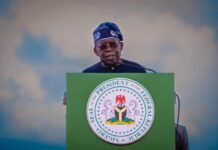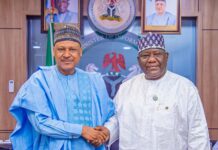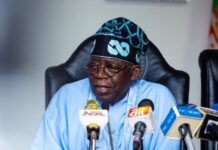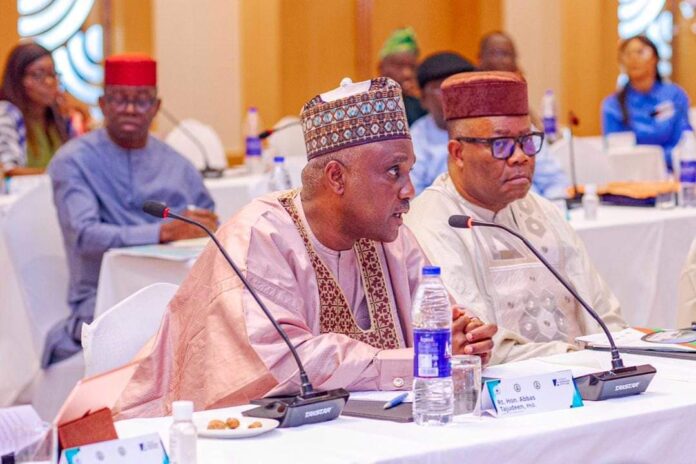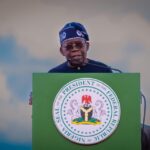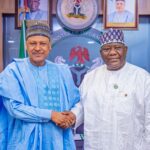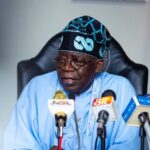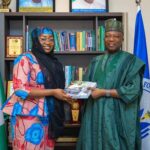- target to lift 16.5m out of poverty
The House of Representatives is working on a framework that will ensure that over 14 million out-of-school Nigerian children are back to schools.
The framework, which is in form of an intervention through the House Committee on Alternative Education, chaired by Rep. Almustapha Ibrahim Aliyu (APC, Sokoto), will also see the out-of-school children trained with relevant skills to become productive members of the society.
The intervention by the Green Chamber, under the leadership of the Speaker, Rt. Hon. Abbas Tajudeen, Ph.D, targets addressing public education by tackling poverty and value gaps.
In partnership with relevant government agencies, the intervention aims at improving access to education for all Nigerian children in line with the aspirations of Sustainable Development Goals (SDGs-4) on qualitative and inclusive education for all.
The project is tagged ‘Nigeria Mass Reduction of Out-of-School children and Youth Project’ (NiMPROP), and it is proposed to last for a period of four years.
It would significantly reduce the number of of out-of-school children through non-formal accelerated education system and other alternative schooling programmes, according to Rep Almustapha Aliyu.
The government agencies that the committee is working with include the National Commission of Almajiri and out-of-school children, the National Commission for Mass Literacy, Adult and Non-Formal Education and the National Commision for Nomadic Education.
The committee is also working assiduously to ensure that 16.5 million Nigerians are lifted out of poverty, which will ensure the return of out-of-school children to schools.
Rep. Aliyu said already, the committee had several engagements with the relevant agencies in the past week with favourable responses from them.
He said the necessary machinery has been put in place for the actualization of the intervention as the House gets set to reconvene from its annual recess on Tuesday.
Part of the initiative is to ensure the significant reduction of poverty in the six geopolitical zones of the country.
Based on the statistics from the National Bureau of Statistics (NBS), the Northeast leads in the poverty index with 71.86 percent of its population in poverty, followed by the Northwest with 64.84 percent, while the North Central has 42.70 percent. Others are: South East, 42.44%; South South, 21.28% and South West, 12.12%.
But the intervention targets the reduction of poverty as follows: Northeast, 4 million people; North West, 3.4m people; North Central, 2.5m; South East, 3m; South South, 2.1m, and South West, 1.6m.






